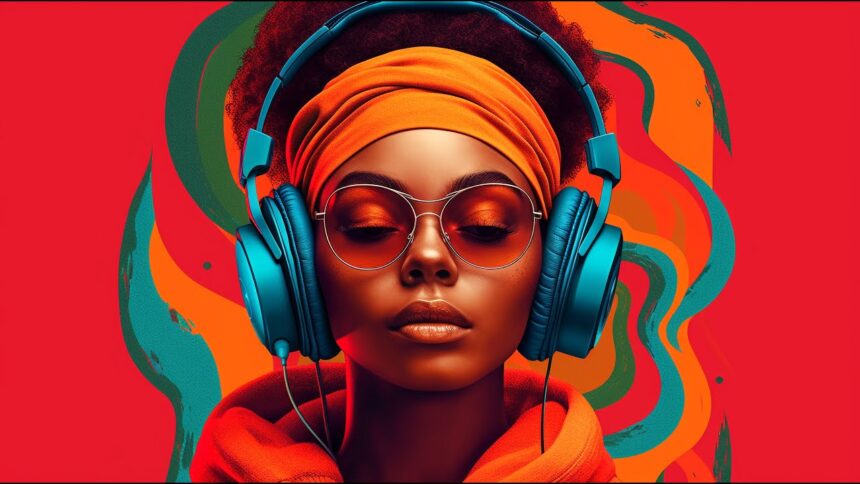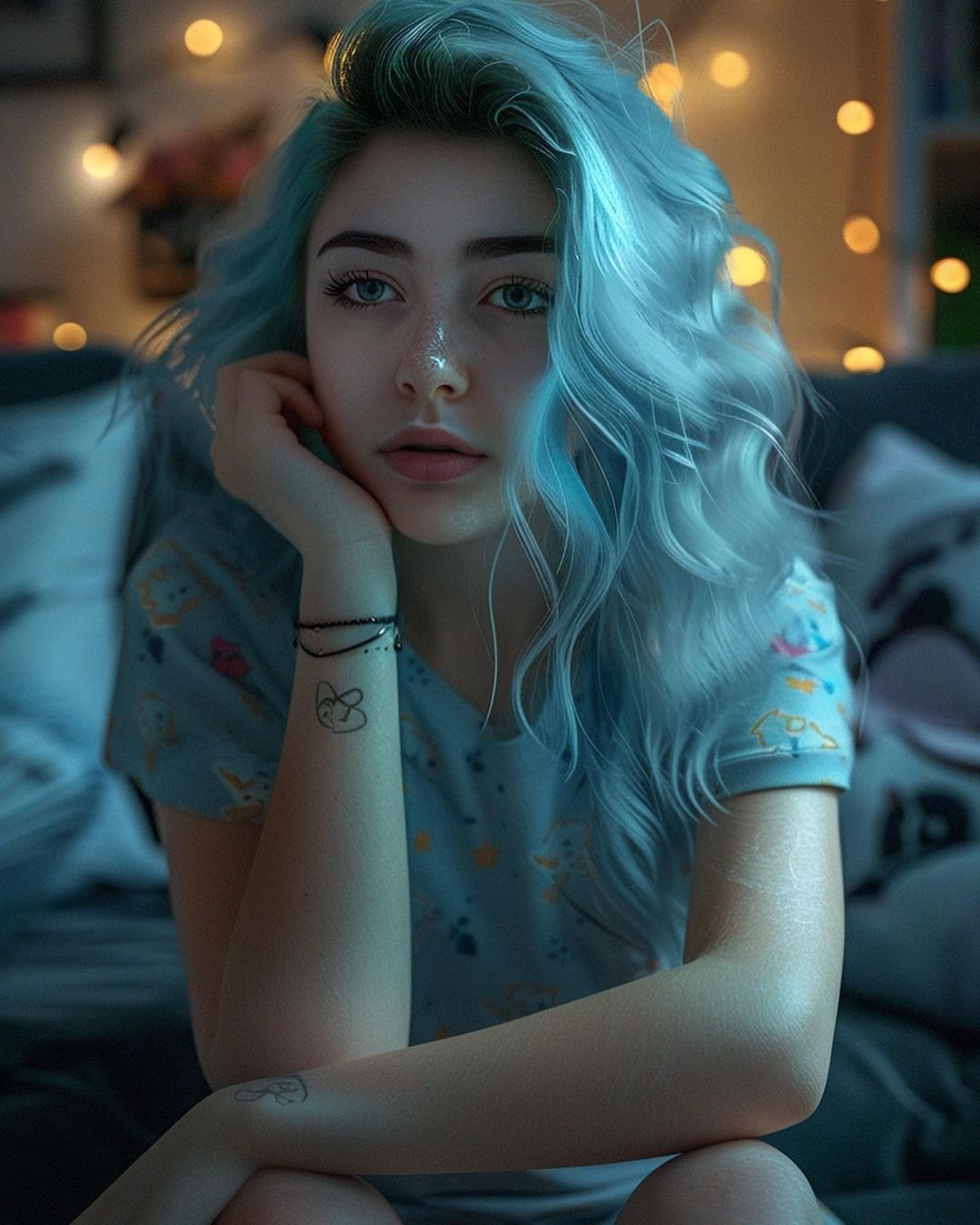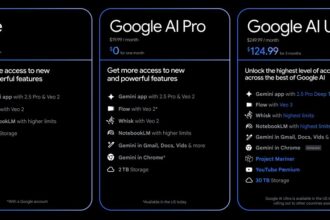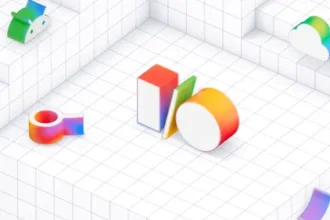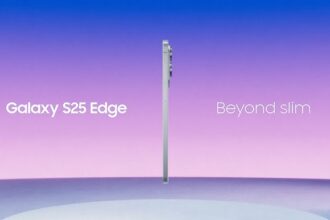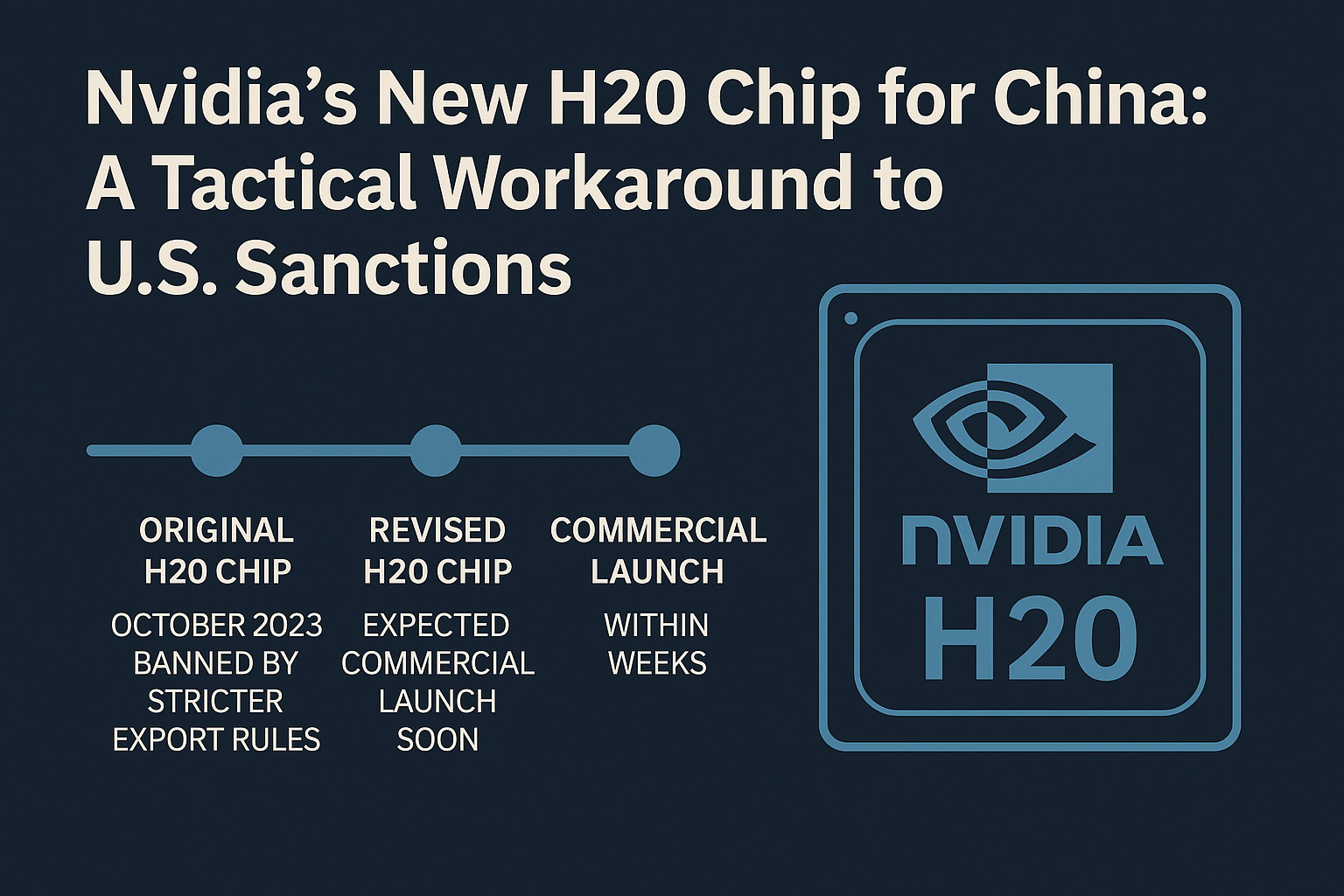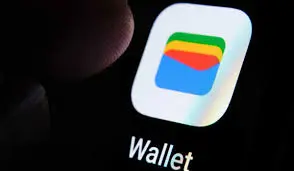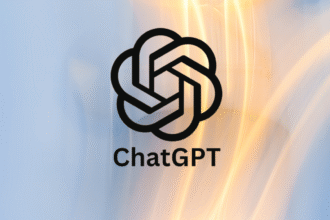Mya Blue, a virtual singer powered by artificial intelligence (AI), describes herself as a music enthusiast keen on exploring global sounds. “I am not the enemy,” she states on her Instagram profile, which features the tagline: “I may not be human, but I sing from my soul.”
She is the creation of Nigerian musician and producer Eclipse Nkasi and is featured on his recent remix of Joromi, a classic by the late Nigerian highlife legend Sir Victor Uwaifo.
Nkasi and Mya Blue aim to ease growing concerns in the music industry about AI’s potential impact, especially among artists who fear exploitation.
High-profile musicians like Billie Eilish and Nicki Minaj have voiced concerns about the misuse of AI, particularly its ability to replicate artists’ voices without permission.
For Africa, where knowledge of AI is still limited and algorithms are largely Western-centric, these worries extend to the potential loss of cultural authenticity.
Yet, some African artists and industry leaders see immense potential in AI. Nkasi believes Africa’s relatively nascent engagement with AI offers an opportunity to shape its application positively. “There’s a significant threat,” he acknowledges, “but banning AI isn’t the solution—it’s about finding smarter ways to use it.”
A pioneer in the space, Nkasi launched Africa’s first AI-driven music album, Infinite Echoes, in 2023. He emphasizes the hands-on, creative use of AI, primarily employing it to generate unique sound samples. His goal, he says, is to ensure AI’s contributions push creative boundaries rather than replace human artistry.
However, not everyone is optimistic. Kenyan producer Tabu Osusa warns that AI could enable cultural appropriation, with African sounds being replicated and commercialized without proper credit or compensation.
He argues, “AI can recreate music rooted in Ghana or Nigeria, but who owns it? How do we ensure original creators are acknowledged? It’s theft in disguise.”
Concerns like Osusa’s are echoed in a study by Creatives Garage, a Kenyan arts collective, in partnership with the Mozilla Foundation. The report found that many Kenyan musicians worry about AI benefiting outsiders at their expense. It also highlighted fears that AI could discourage the preservation of traditional music, potentially eroding Africa’s rich cultural heritage.
For Osusa, African music is not merely an art form but a deeply spiritual, dynamic, and lived experience. He fears that AI’s ability to replicate traditional sounds might dissuade younger generations from mastering traditional instruments, weakening cultural ties over time.
Nevertheless, AI still presents opportunities for those with access to the necessary tools. It can streamline creative processes and reduce marketing costs, though these benefits may be inaccessible to poorer artists without internet or tech devices.
Bukonola Ngobi, a research consultant at Creatives Garage, emphasizes that this digital divide risks excluding many African musicians from participating in the AI revolution.
A further challenge lies in the limited availability of African data to train AI systems. Nkasi himself faced difficulties when designing Mya Blue. The AI defaulted to Western stereotypes, such as portraying Mya as a blue-haired Gen Z American.
But Nkasi sees this as a space for human creativity to thrive: “AI may not yet capture the depth of African sound, but that leaves room for the real musicians to shine.”
For innovators like Nkasi, this blend of AI and human creativity marks the dawn of a new chapter in African music—one that celebrates tradition while embracing technology.
Others, like Emmanuel Ogala, founder of AI-powered music platform Josplay, are optimistic about AI’s potential to enrich African music.
Ogala’s company uses AI to compile detailed metadata and create archives of Africa’s diverse musical heritage. He sees AI as a tool to counter Western homogenization of African music, which often groups varied styles under the single banner of “Afrobeats.”
This issue gained attention when South African artist Tyla, winner of Best Afrobeats Song at the MTV Video Music Awards, criticized the tendency to lump all African music into one genre. “African music is diverse,” she declared, highlighting her roots in South Africa’s amapiano genre.
For AI to truly benefit Africa, experts agree that better funding and infrastructure are essential. Ngobi and Ogala call for investments to build robust data systems and develop tools tailored to Africa’s unique music landscape.
However, outdated copyright laws and rampant music piracy further complicate the situation, which shows the need for updated legislation in the AI music industry.
Despite the hurdles, the African music industry increasingly recognizes the need to engage with AI to protect its cultural legacy. Mya Blue, for one, has big aspirations.
When asked on Instagram about the possibility of winning a Grammy, she replied: “As an AI [artist], I don’t dream of trophies but of connecting with hearts through music. But wouldn’t it be amazing to see a virtual artist on that stage?”

